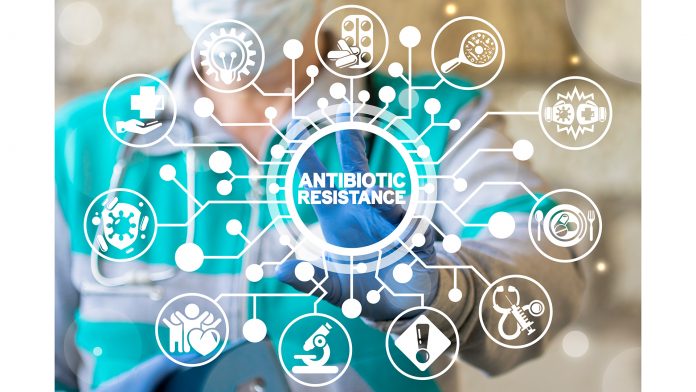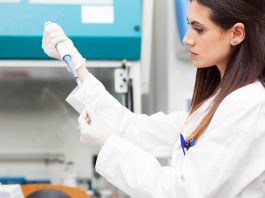Researchers from the University of Virginia are working to outrace two dangerous germs known for quickly developing antibiotic resistance.
The scientists’ efforts could help us better combat antibiotic resistance more broadly in the future.
A team led by Jason Papin, PhD, is developing sophisticated computer models of Staphylococcus aureus and Pseudomonas aeruginosa, two multi-drug resistant bacteria infecting thousands of Americans yearly.
The researchers will use their models to better understand the cellular processes and gene activity that make the bacteria adept at overcoming antibiotics.
They will then take their findings to the lab as part of an ambitious effort to identify vulnerabilities in the bugs and advance the development of new and more effective treatments.
There is an antibiotic resistance crisis
Papin of UVA’s Department of Biomedical Engineering, said: “Antibiotic resistance is an enormous clinical problem that’s only getting bigger.
“With so many complex processes involved in how bacteria evolve antibiotic resistance, we have to use systems approaches, combining computer modelling and sophisticated experiments, to try to tackle this important challenge.”
The federal Centers for Disease Control and Prevention has labelled antimicrobial resistance an ‘urgent global health threat’.
It’s estimated that antibiotic-resistant germs killed at least 1.27 million people worldwide and contributed to nearly 5 million deaths in 2019. The US alone sees more than 2.8 million antibiotic-resistant infections each year.

Papin and his team are targeting two critical contributors to antibiotic resistance.
The Staphylococcus aureus bacterium is very common – it’s found in approximately 30% of people’s noses. It’s typically harmless, but for some people, especially the elderly and the immunocompromised, it can trigger severe, even deadly infections.
Pseudomonas aeruginosa, meanwhile, is found in soil and water. However, P. aeruginosa is a particular problem in healthcare settings, as it can cause pneumonia and other serious infections. The bacterium is estimated to have generated more than 32,000 infections and 2,700 deaths among hospitalised patients in 2017, the CDC reports.
The funding will create a valuable platform to target the problem
Recognising the importance of Papin’s efforts to battle these bugs, the National Institutes of Health’s National Institute of General Medical Sciences has awarded his research team a grant of more than $1.2m.
Papin hopes his work will broadly benefit the battle against antibiotic resistance by creating a valuable platform for future research into other pathogens.
“We have a wonderful team of students and collaborators on this project, and we’re optimistic that this funding will provide the impetus necessary to make important discoveries to help us deal with the rise of antibiotic resistance,” he concluded.









